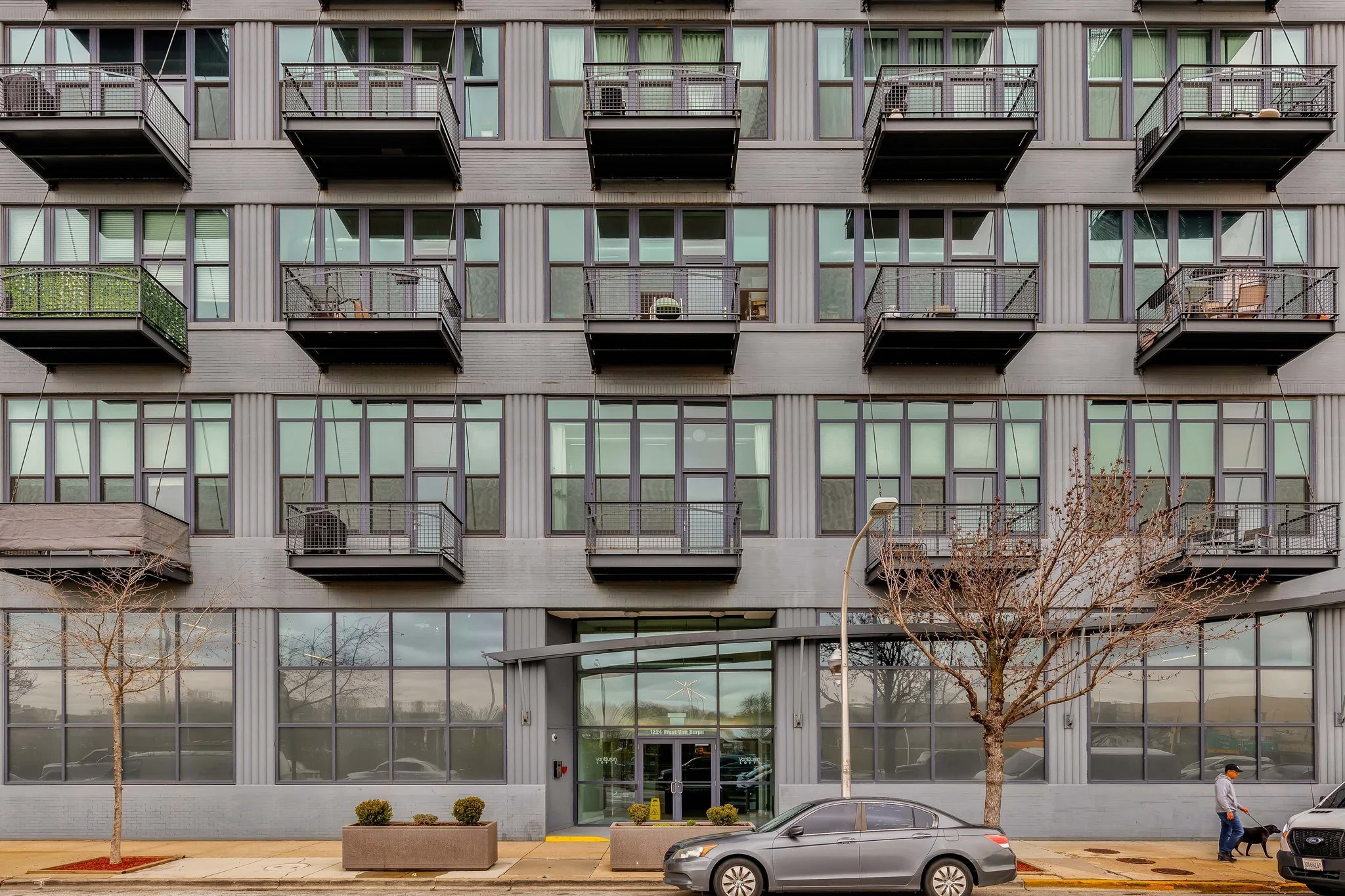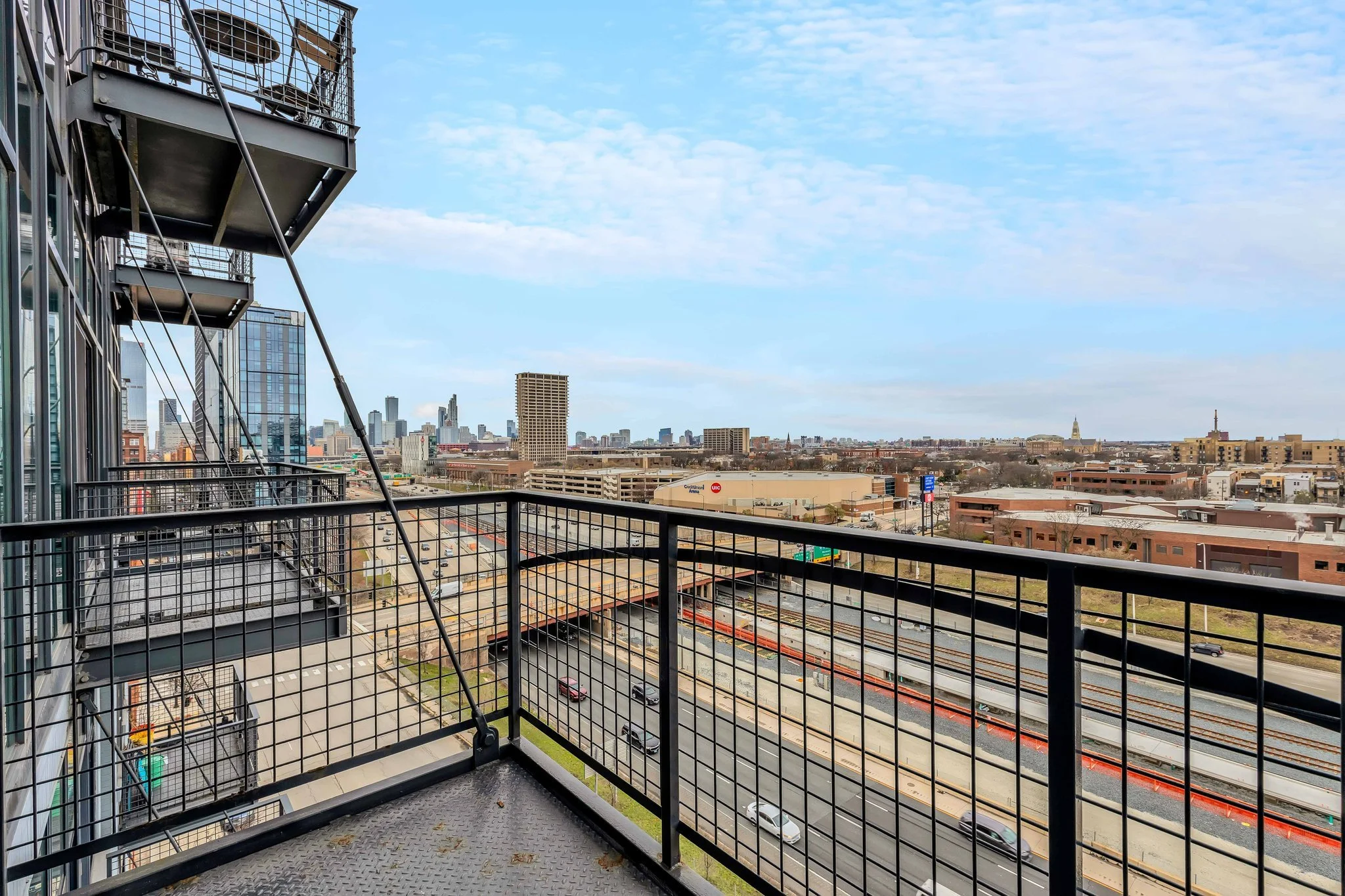When you’re handed the keys to a space, your new tenant doesn’t just want walls and a roof; they expect readiness, professionalism, and a smooth transition. Working with a trusted Chicago commercial property management company means being a step ahead (with no added headache). At PRG Management, we’ve seen how good preparation reduces downtime, increases tenant satisfaction, and protects long-term value. Here are 7 key steps to getting your property tenant‑ready.
Step 1: Inspect and Repair Basic Elements
Start with a full walk‑through of your property. Look at ceilings, floors, walls, doors/windows, utility access, and common areas. Fix visible damage, leaking pipes, loose fixtures, broken lights; details matter. A proactive maintenance and inspection plan is central to good commercial property management. By doing this early, you avoid surprises later and demonstrate to potential tenants that you care about condition and safety.
PRG Management’s Chicago commercial property management team is experienced in efficient commercial unit turnovers. Ditch the headache and let us handle the details and headaches. Talk to a Chicago property manager today.
Step 2: Clean, Refresh & Make it Inviting
Once the big issues are fixed, it’s time for the polish: deep‑clean all interiors, repaint if needed, replace stained carpets or damaged flooring. A fresh look helps tenants imagine their own business thriving there. Exterior curb appeal matters too; clean sidewalks, trimmed landscaping, and updated signage all contribute.
For example, enhancing the property’s appeal directly increases interest from better tenants. Simply put, make it welcoming, and you’ll attract quality tenants.
Step 3: Ensure All Systems Work Smoothly
No businesses want to deal with issues when they move in. Tenants expect everything to be “on” from Day One. That means HVAC systems with fresh filters, plumbing that flows properly, clearly functioning electrical panels, lighting that works, and proper access for all utilities. A checklist‑style approach helps here; PRG Management commercial property managers leverage standardized checklists to ensure no critical system is overlooked.
Step 4: Address Compliance & Safety
Commercial properties must meet safety codes, building regulations, local ordinances, and accessibility standards. That means working through fire exits, alarms, accessibility ramps, elevators, signage, and emergency lighting. Non‑compliance may lead to fines, troubled tenants, or worse.
Proper Chicago commercial property management practice includes staying on top of these requirements. By managing this proactively, you show reliability and protect your investment.
Step 5: Plan Tenant Move‑In Logistics
Now that your property is in shape, think about the tenant experience. Prepare move‑in instructions: access codes, loading‑dock directions, elevator hours, signage permissions, parking instructions. Provide a welcome packet (even digitally) with key contacts, local services, tenant rules, and expectations.
From our experience at PRG Management, clarity at this stage avoids confusion, enhances satisfaction, and sets the tone for the lease term. PRG Management uses a standardized move-in/move-out process when working with our sister company, Pearson Realty Group, for tenants and owners, which is provided well in advance, avoiding any confusion and miscommunications.
Step 6: Secure & Modernize the Space
Security and technology matter. Reprogram locks or upgrade access controls so new tenants feel safe. Install or test cameras, intercoms, or card‑access systems if needed. Meanwhile, offering modern tech features, high‑speed internet readiness, smart lighting, or thermostats can differentiate your property from others.
Modern amenities are now part of the value proposition for tenants in the commercial market. In other words, upgrading shows you’re forward‑thinking and tenant‑focused.
Step 7: Partner With a Professional Manager
Even a well‑prepared space benefits when a skilled Chicago commercial property manager is involved. A professional commercial property management company in Chicago handles tenant relations, marketing, maintenance scheduling, lease management, compliance, and more. According to industry sources, one of the key benefits of engaging a capable property management company is smoother operations and better tenant retention.
At PRG Management, we act as that partner, making sure you’re not handling every detail yourself and that the property stays in top shape. Talk to a Chicago property manager today.
Why This Preparation Matters
Vacancies cost money, and a well‑prepared commercial property fills faster, attracts stronger tenants, and produces stable income. Good preparation signals professionalism and care to tenants; it shows tenants you value their business and their experience. For property owners, working with a trusted Chicago commercial property manager means you can leverage local experience, vendor relationships, and market insight.
Final Thoughts
Preparing your commercial property for new tenants is more than a checklist; it’s a strategy and mindset you must take on. You’re creating an environment where tenants can grow and where your investment thrives. Your readiness today sets the tone for tomorrow’s occupancy, tenant satisfaction, and sustained value.
By following these 7 steps and working with a trusted Chicago commercial property management company like PRG Management, you’ll be positioning your property for success.
Commercial Property Management FAQs
What is the first thing I should check when prepping a commercial property?
Start with a thorough visual inspection of the space: walls, floors, ceilings, doors/windows, common areas, and utility access. Identify safety, structural, or maintenance issues early.
How important is a fresh appearance for commercial properties?
Very important. A clean, refreshed interior and inviting exterior make a strong first impression and help attract quality tenants.
Should I offer high‑tech amenities to tenants?
Yes, when feasible. Modern amenities like high‑speed internet readiness, smart thermostats, and access control systems improve the tenant experience and increase market competitiveness.
Do I need a professional property manager?
While you can manage on your own, partnering with a skilled Chicago commercial property manager provides expertise in operations, compliance, and tenant relations and can free you from day‑to‑day burdens.
How do you handle move‑in day logistics?
Provide clear instructions: access codes, parking, loading‑dock usage, contacts, service hours. A welcome packet or orientation helps smooth the transition.
Why does preparation reduce vacancy time?
A property that is ready, well‑maintained, and professional appeals to tenants faster. Less downtime means reduced losses, faster lease signing, and improved occupancy, all key goals of effective commercial property management.
Partnering with PRG Management ensures your commercial property is prepared, compliant, and positioned for long-term tenant satisfaction. As a trusted Chicago commercial property management company, we streamline every aspect of the process, from inspections and upgrades to compliance and tenant onboarding, allowing property owners to focus on growth while we handle the operational details with precision and professionalism.
Stop dealing with the headaches of managing your commercial property and let PRG Management handle everything from tenant placement to day-to-day coverage. Contact PRG Management anytime to ensure your property is expertly managed and market-ready.













